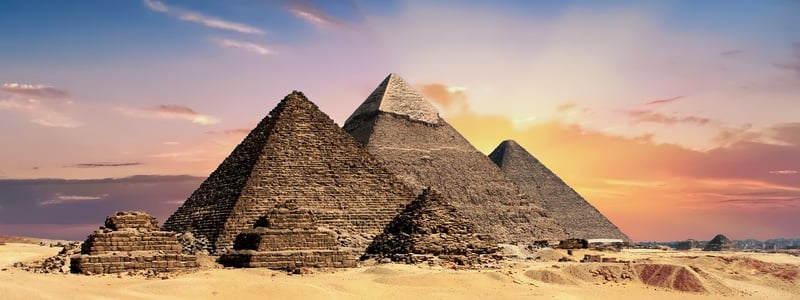Future Exploration
Exploring Different Eras and Future Exploration
Introduction
Exploring different eras allows us to delve into the past and learn from historical events, cultures, and advancements. Additionally, looking towards future exploration opens up exciting possibilities for mankind to push boundaries and discover the unknown.
Ancient Era
The ancient era, spanning from around 3300 BC to 600 AD, saw the rise of civilizations like Mesopotamia, Ancient Egypt, and the Roman Empire. These societies laid the foundation for architecture, art, governance, and more.

Medieval Era
The medieval era, from around 500 AD to 1500 AD, was marked by feudalism, the Crusades, and the Renaissance. This period saw significant advancements in art, science, and exploration.

Industrial Era
The industrial era, starting in the late 18th century, brought about the Industrial Revolution, transforming economies through mechanization and urbanization. It led to significant technological advancements and changed the way people lived and worked.

Future Exploration
Looking ahead, future exploration holds immense promise with endeavors like space exploration, artificial intelligence, and sustainable living. Scientists and visionaries are working towards colonizing Mars, creating self-driving cars, and developing renewable energy sources.

Conclusion
Exploring different eras provides valuable insights into our past, shaping our present and future. By embracing future exploration, we can continue to innovate, discover, and expand our horizons for generations to come.
Let's continue exploring, learning, and creating a better future together!
